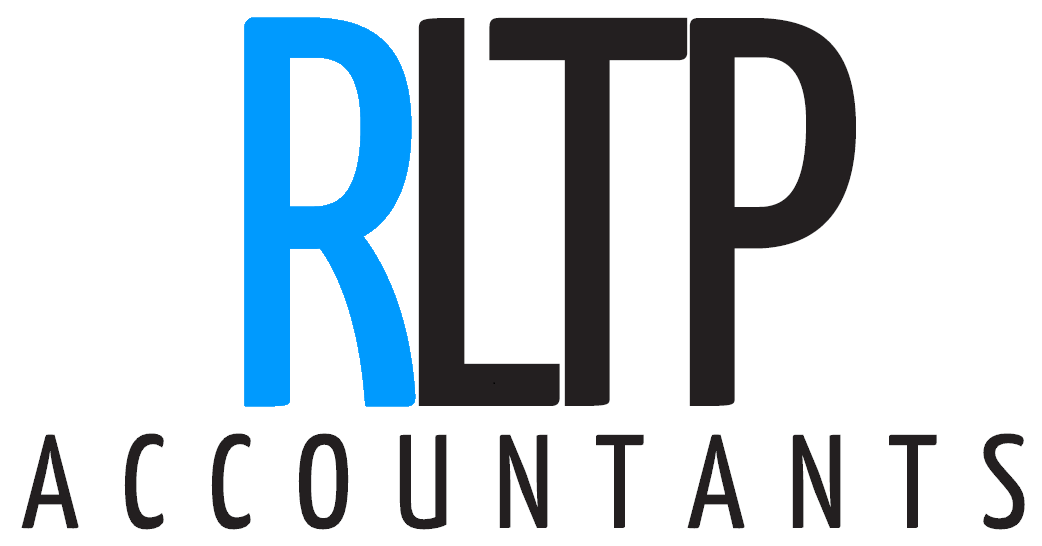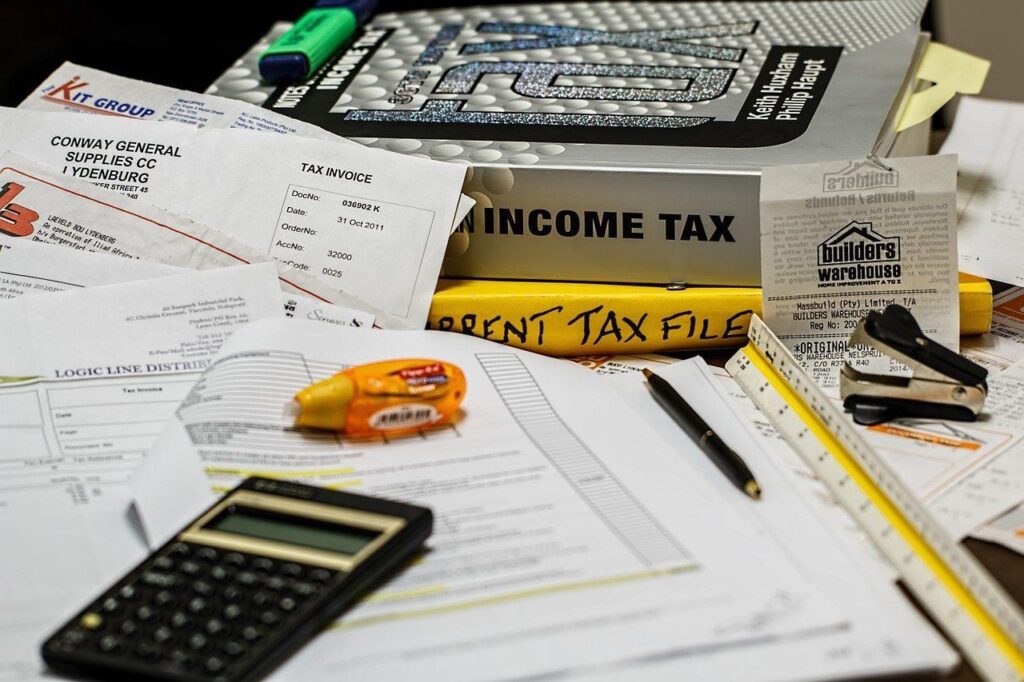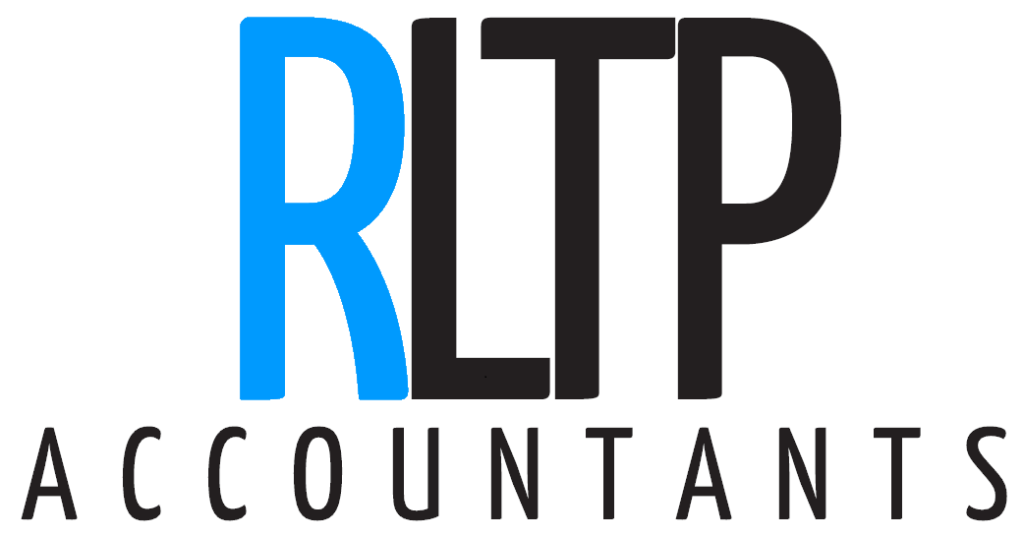‘WE ARE AT THE BEGINNING OF A NEW ERA IN THIS COUNTRY. WE HAVE THE FREEDOM AND RESOURCES TO DECIDE OUR OWN FUTURE’… ‘IT IS A BUDGET OF A GOVERNMENT THAT GETS THINGS DONE’. – RISHI SUNAK (CHANCELLOR).
On Wednesday 11th March, Rishi Sunak presented his first budget. Here is a breakdown of the changes to personal tax announced during the budget.
Personal tax
The personal allowance
The personal allowance is the amount of income a person can get before they pay tax and will remain at the same level for 2020/21 and is currently £12,500. However, for those with an ‘adjusted net income’ over £100,000 there will be a reduction in the personal allowance. The reduction will be £1 for every £2 of income above the £100,000 threshold. This means if your income exceeds £125,000 there is no personal tax allowance and you will be charged tax on the full amount.
There will be some tax relief for earners, due to the increase in the national insurance contributions (NICs) threshold which will increase from £8,632 to £9,500 in April. Potentially saving the typical employee around £104 and a typical self-employed person around £78 in 2020-21.
Tax allowance
The income limit for married couple’s allowance is set to increase from £29,600 to £30,200 in 2020/21. Couples can claim as long as one of them was born before 6th April 1935.
The maximum amount you can claim has also increased from £8,915 to £9,075 per year.
The marriage allowance for couples who were born after 1935 remains the same at £1,250.
The blind persons allowance will be increasing from £2,450 to £2,500.
Tax bands and rates
Income below £12,500 – 0% income tax (known as personal allowance)
Income between £12,501 and £50,000 – 20% income tax
Income between £50,001 and £150,000 – 40% income tax
Income above £150,001 – 45% income tax
As mentioned above once you start earning above £125,000 you will not be entitled to the personal tax allowance and tax will be applied to all of your earnings.
Pensions – tapered allowance
The pensions annual allowance, currently capped at £40,000, is the maximum amount of tax-relieved pension savings that can be accrued in a year. However, if your adjusted income exceeds £150,000, the annual allowance is reduced by £1 for every £2 above the threshold, to a minimum annual allowance of £10,000.
The tapered annual allowance was first introduced in April 2016 to limit the amount of pension tax relief available to high earners.
The two tapered annual allowance thresholds will be raised by £90,000 for 2020/21. This means the threshold income will be £200,000, so individuals with income below this level will not be affected by the tapered annual allowance. The annual allowance will begin to taper down for individuals who have an adjusted income above £240,000.
The minimum level to which the annual allowance can taper down will reduce from £10,000 to £4,000 from 6 April 2020. This reduction will only affect individuals with adjusted income over £300,000
Support during Coronavirus
The Prime Minister previously announced that the forthcoming COVID-19 Bill will temporarily allow Statutory Sick Pay (SSP) to be paid from the first day of illness, this will also apply to those who have been advised to self-isolate and not yet shown any symptoms. There will also be no need to go to the doctors for a sick note, which will be made available by the NHS 111 service.
Employees will be entitled to receive statutory sick pay (SSP) if they need to self-isolate due to:
- having coronavirus;
- having symptoms of coronavirus;
- someone in their household having coronavirus; and
- being advised to self-isolate by a medical professional.
If you are not entitled to SSP, for example if you are self-employed people or your earnings are below the National Insurance Lower Earnings Limit, then you may be able to get financial support through a ‘new style’ Employment and Support Allowance and Universal Credit.
Capital taxes
Capital gains tax (CGT)
The government has announced an increase of £300 to the CGT allowance from the current £12,000 to £12,300 from 6th April 2020 for individuals and personal representatives of deceased people who have capital gains. There is also a £150 increase for trustees of settlements for tax year 2020-21 from £6,000 to £6,150.
Entrepreuners relief
Rishi Sunak has announced that he will not abolish the Entrepreuners relief, however the current annual £10m limit, will be drastically reduced to £1m. This will apply to qualifying disposals made on or after 11 March 2020.
If you would like to discuss how these changes may affect you or your business then please feel free to contact us at hello@rltp.co.uk, call us on 01332 238833 or contact us here


